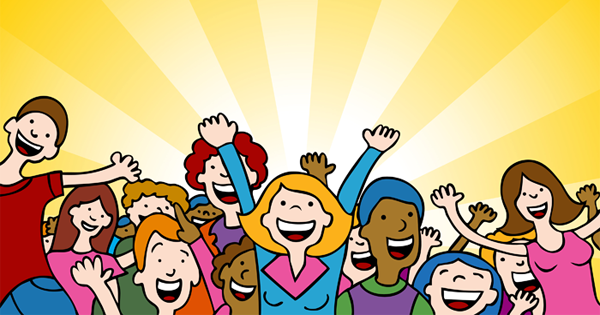Back in 2014, researchers at the University College London came up with an equation that could determine how happy a person was with their life. The variables in this older version of the equation only reflected individuals’ personal expectations. In other words, the equation predominantly considered how well people were doing in relation to how well they predicted they would be doing at the time.
Researcher and author of this study, Robb Rutledge, decided to revisit the equation because he realized that he and his research team had failed to consider other significant factors that affected a person’s happiness, like “rewards, expectations and what happens to other people.”
This is Rutledge and his team’s new equation:

In plain English, our happiness depends not just on our own assessment of our current state in life, but also how well others are doing in relation to us.
Rutledge and his team call this “in-the-moment inequality,” the understanding that inequality between people will lower the happiness of both involved parties. To define this relationship, Rutledge had 47 people complete tasks together, as partners.
When the pairs were asked to divide money between them, both people involved wanted to split the money evenly. In subsequent tasks, the pairs gambled money between them and responded to questions about how happy they were with the results.
In general, when the outcome of the gamble was uneven, both people were less happy than they were when they could just split the money evenly. This allowed researchers to speculate that those who won more money experienced guilt over their larger winnings and those who won less money were envious of their partners.
The researchers at University College London acknowledge that their study is still fairly simple and agree that many other factors also affect people’s happiness. Rutledge does plan on continuing to work on this equation in hopes that it will ultimately help people discover the main sources of joy in their lives, as well as help others combat depression.





